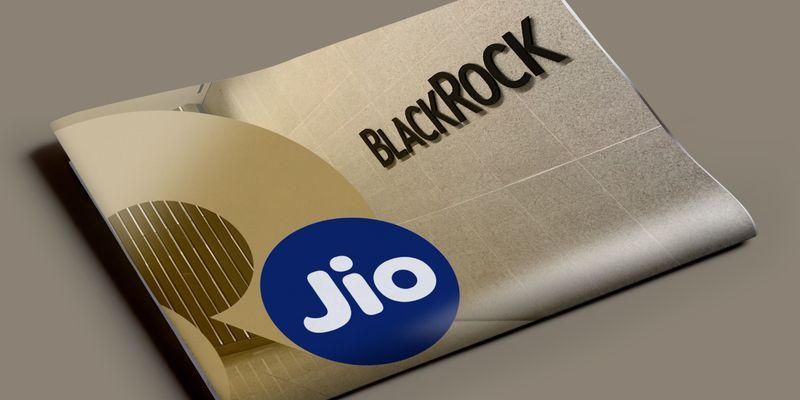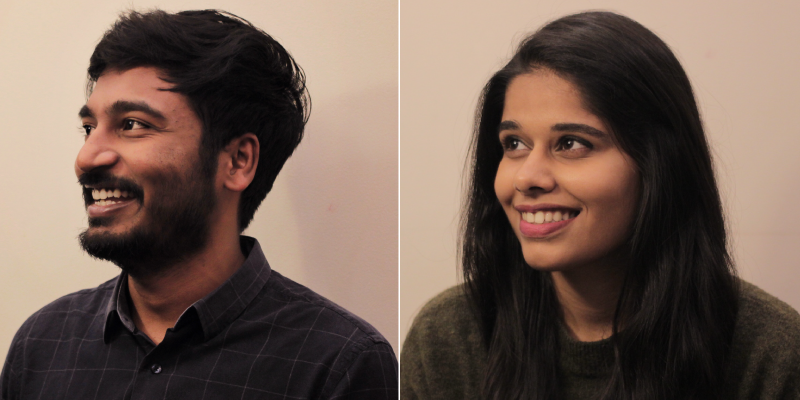[Techie Tuesdays] Bringing out the best in developers with HackerRank - Harishankaran K
Sometimes giving up is not an option. There are those who hold on to an idea for a really long time; and then get back to it one day. They drop whatever they were doing and return to finish this unfinished business. Harishankaran Karunanidhi is one such person. Hari, as he is fondly known, is the co-founder of HackerRank (previously known as InterviewStreet), and heads its India office.
Born and brought up in Chennai, Hari neither had the interest, nor the intention, of taking up computer science for higher studies. His father teaches mathematics, and his mother is an accountant; so numbers always fascinated him. But destiny had other plans.
At pre-university, Hari studied biology and had no connection with computers. After schooling, Hari joined electrical engineering at NIT, Trichy, but changed to computer science a month later. Since he did not like electronics, computer science seemed like a viable option. His first semester was spent coding on paper and tracing the programs manually to get an understanding.

In his second year, Hari joined a computer science club. This helped him increase his grasp on the subject and accelerated his learning process. During this time the club members came up with the idea of holding programming challenges across clubs. They asked Google to sponsor around a hundred t-shirts for the competition winners. To spend maximum time with computers, Hari started going to the lab after class, and stayed there till 7:00 am. He would go back to his room to catch some sleep and get back to classes by 10:00 am. This continued for a month, until his seniors stopped him from doing so, as it would spoil his health.
In his second year, Hari got an internship with Novell. The people at Novell asked him to work-from-home for a month, and if they liked his work, they would have him on the premises. During his summer vacations, Hari went to intern with Novell, Bangalore, and this was his first visit to the city.
Hari recalls,"I got down at Silk Board and walked with my luggage to the Novell office. I told my parents that they will take care of my stay, while I had no idea where I would be staying!". At Novell, Hari worked on LDTP (Linux desktop testing project). In his third year, Hari was selected for GSoC (Google Summer of Code), where he decided to work on the same project. He had to recompile Firefox for Solaris. As the machines at college weren't sophisticated enough, Hari would go to Chennai on weekends to work on the project.
By his third year, Hari was writing quiz modules for the coding fest, which were also being used in coding competitions around the college.
During campus recruitment, candidates would be asked to solve codes on paper, which were then reviewed by placement team and the companies. The reviewers would have to go through hundreds of copies, sometimes spending entire nights. Vivek, the cofounder of HackerRank, was then a part of the campus recruitment team. Hari and Vivek observed these recruiting problems, and decided to do something about it in the future.
After completing his engineering, Hari got placed in IBM and Vivek in Amazon. Both of them still nursed the recruitment idea at the back of their minds. After spending a year in the corporate setup, both of them decided to quit. Since their homes were far apart, they decided to code from home, and catch up on weekends for updates and releases.
Soon the duo got accepted into Morpheus, the startup accelerator, and gained insights to their product. The initial version was for mock interviews but helped them make some money. Says Hari:"In the first year, we made 25,000 from mock interviews". After working on the product and developing it as per the feedback from colleges for over a year and the half, they were ready with a robust version of HackerRank (then called InterviewStreet).
Sameer, the founder, of Morpheus Gang, told them during a regular call that they should start selling their product. The two approached a company called WisdomTop, who liked the product, and offered them Rs 100 per user. But the founders had something else in mind: They asked them to talk about it to their friends instead of paying for it. The founder of WisdomTop liked the idea and he referred the product to Mekin from Flipkart. They were asked for a demo, and Flipkart liked what it saw.
In 2012, the founders applied to YCombinator for the third time, and finally were accepted. "Our first priority was to get clients in the US, and YCombinator was second on our list," says Hari. This acceptance also got them new clients.
Hari takes a lot of care while hiring developers for HackerRank. The most important attribute he looks for in a candidate is the aptitude for self-learning. Talking about the future, Hari says, he is looking forward to the time when colleges will teach the curriculum that is closer the industry.






![[Techie Tuesdays] Bringing out the best in developers with HackerRank - Harishankaran K](https://images.yourstory.com/cs/wordpress/2015/04/Hari.jpg?mode=crop&crop=faces&ar=2:1?width=3840&q=75)




![[Funding alert] Media-tech startup Toch raises over $400K in round led by Inflection Point Ventures](https://images.yourstory.com/cs/2/b3bfb136ab5e11e88691f70342131e20/Imagevgyw-1586973026465.jpg)